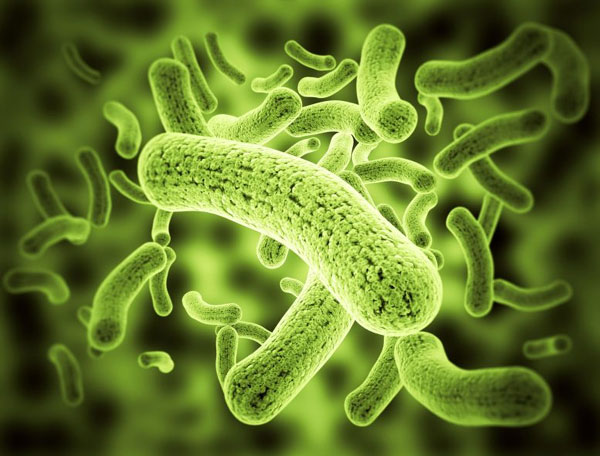Daijiworld Media Network - New Delhi
New Delhi, Aug 28: In a groundbreaking discovery, researchers from Finland and the UK have found that dormant bacteria hiding in arterial plaques may play a critical role in triggering heart attacks (myocardial infarction). This challenges long-held beliefs that heart attacks are caused solely by cholesterol-related blockages.
The study, published in the Journal of the American Heart Association, revealed that infectious diseases—particularly those involving oral bacteria—can contribute to coronary artery disease by forming biofilms inside atherosclerotic plaques.
“These biofilms are gelatinous, long-lasting colonies of bacteria that can remain dormant for years,” said Professor Pekka Karhunen of Tampere University, who led the research. “They are invisible to the immune system and resistant to antibiotics.”

How It Happens
• Atherosclerotic plaques in the arteries, previously thought to be formed primarily due to oxidised LDL cholesterol, may also contain bacterial DNA, particularly from oral microbes.
• These bacteria form a protective biofilm, shielding them from immune responses and treatments.
• When a person contracts a viral infection or faces another inflammatory trigger, the biofilm may become active.
• The reactivated bacteria can trigger intense inflammation, weakening the fibrous cap of the plaque.
• This can cause the plaque to rupture, leading to a blood clot (thrombus) and a subsequent heart attack.
Breakthrough in Detection and Prevention
Researchers were able to develop a targeted antibody that identified these bacterial biofilms in arterial tissues. They also detected bacterial presence in patients who had suffered heart attacks, confirming the immune system’s inflammatory response as the likely trigger.
Implications for the Future
The findings open new possibilities for:
• Early diagnosis of heart attack risk based on bacterial activity in plaques.
• Therapies targeting biofilms in arterial tissues.
• The potential development of a vaccine to prevent coronary artery disease by targeting the bacteria involved.
“This study could revolutionize our approach to heart attack prevention and treatment,” the researchers noted.
The discovery adds a new dimension to cardiovascular research, linking oral hygiene, infections, and immune response to one of the world’s leading causes of death.